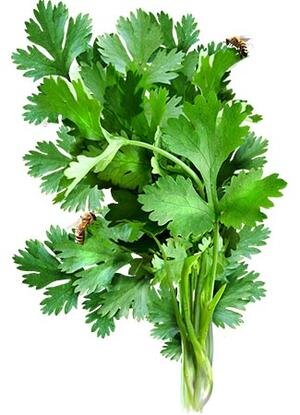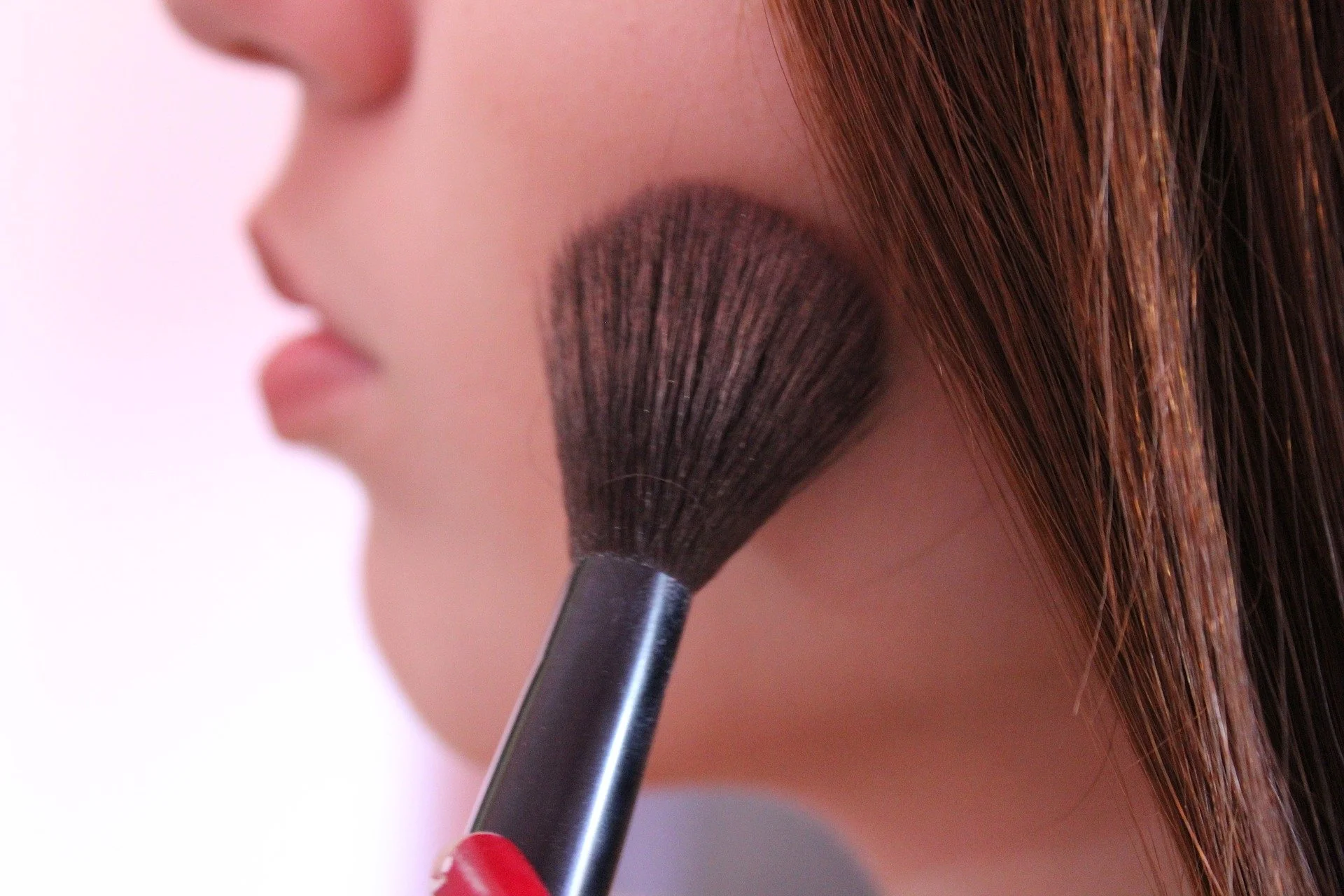Food for Your DNA

"Everyone is different." We've all heard this saying at least once in our lives, and it's true we are all different all the way down to our taste buds. Have you ever wondered why you think something tastes amazing while your friend absolutely hates the exact same thing? That's because depending on our DNA, things can taste differently. How does your genetic make-up influence your taste buds?
1. Bitter blindness: Some people have what's called Bitter Blindness which basically means their taste buds are immune to things that are more bitter. These people usually have a better time eating vegetables, because most vegetables are loaded in PTC (phenylthiocarbamide), which is what makes vegetables bitter. Those who can't taste it have bitter blindness.

2. Hypersensitive, sensitive, and tolerant: Not only are our taste buds different, but depending on your DNA, some people have more or less taste buds than someone else. You can have anywhere from 500-11,000 taste buds. Those who have more taste buds are considered hypersensitive tasters. Anything too bitter or too overpowering will be too much for a hypersensitive taster. People who have less taste buds are tolerant tasters, as there aren't many things that a tolerant taster can't eat.
3. Anxiety & depression: There are some physical side effects to anxiety and depression that can affect your taste buds. Someone dealing with anxiety or depression can eat the most flavorful food on the planet, but it could taste like cardboard to them. Essentially, the brain's chemicals are in control of what you taste so when their levels are a bit abnormal, your ability to enjoy a food's distinctive flavor suffers.

4. Carrier of the OR6A2 Gene: Have you ever heard someone say they think Cilantro tastes like soap? That's because they have the OR6A2 gene. Approximately 14 percent of the population carries this gene, which actually makes cilantro taste like soap, while others are just tasting cilantro.

5. The Womb Experience: Depending on what your mother ate while you were in her womb can determine what you have a taste for once you're born. Once a baby is born, the baby will already know what the people in his or her culture eat and have a preference for these foods. That doesn't mean you can't acquire your own love for different kinds of food later on, though.
Report: Alycia Williams
Being a black gay creative for me feels liberating but at the same time there’s pressure. Pressure in needing to express yourself to a white society, that you are enough; what feels like having to explain my existence. having to explain why who I am and the art I produce is more than a hyper sexual view, but just what it is, art - expression, my expression.
Summer is here and it’s important for every woman to feel beautiful in their own skin. Support these amazing companies that offer some beautiful swimwear pieces that will leave you feeling confident and vibrant.
It's always been important to support black designers, but amid a pandemic and sociopolitical crisis, these black artists and business owners need your support now more than ever!
While people have shown concern for the rapper, others have taken the opportunity to make jokes about the incident. Within the last couple of months, the topic of how Black women are marginalized in society has become more prevalent.
The sudden worldwide shift to Digital Fashion Weeks has engendered confusion and ambivalence among designers and fashion brands, particularly in regards to the content of their promotional videos.
After witnessing the backlash from Simone Biles Vogue cover I had to sit aside and ponder: Why is it so challenging for some photographers to capture the beauty of black skin/people? Our undertones, our glow, even the texture of our hair. So, like always I went looking for methods to best capture dark skin.
This spicy blackberry and plum sauce recipe was a push for something different and will now be my go to condiment for the summer season.
Black women die at a rate three times higher than white women when giving birth. The death of Sha-Asia Washington has shown the racial disparities Black women face in childbirth.
Shoot for the Stars Aim for the Moon is the first posthumous album to reach No. 1 since 2018. Pop Smoke and XXXTentacion are two of the four hip-hop artists with posthumous No. 1s. They follow The Notorious B.I.G. and 2Pac, who each have three posthumous leaders. R.I.P to the Woo.
To be black and well can mean a lot of things, but should definitely include #Skincare #Meditation #BlackReading among many other things, daily! #BlackLivesMatter #HealthAndWellness #AmplifyBlackVoices
Ib Kamara Celebrates "Future, Community, Beauty, and Blackness" in Browns' "Family Affair"
What we wear should make us feel good, especially for our moms to be. Finding the perfect pair of jeans and tops can be tough, and for pregnant women, even harder. Read more to see some great places to shop tha
Among the many other issues surrounding diversity and inclusion within the fashion industry, it's important to acknowledge the failings of the system that produces fashion industry practitioners; the university.
Starting a nonprofit organization can be a great way to give back to people in your local area or to help those who feel a strong affinity for it.
Most people want their home to be a comfortable place where they can relax and spend time with their family. However, many people don't realize that there are some simple updates they can make to their home to create a more comfortable environment.
If you are keen to look your very best at all times, and you are aware that this might require that you are putting a certain amount of effort into it, then you might find it helpful to know about some of the essential aspects to beauty that can help here.
We all know that having a cellphone is important. But what many people don't realize is just how important it can be to have the right contacts stored on your phone.
You want to be a model. You've seen the magazines, the billboards, and the online ads. You know that this is your dream career, and you're ready to do whatever it takes to make it a reality.
Outside of the learned number of the usual emergency services you may need to use from time to time, it’s important to think ahead to contacts and services that you could utilize quickly should you need them.
Everyone wants to look great, and a lot of effort is put into making that happen. However, it's worth noting that no matter what you do, if you're not feeling great, you won't look as fabulous as you could.
Your wedding day is one of the biggest days of your life, so it's more than likely you have found yourself planning the event in your mind many years before your hubby chose to pop the question!
Self-care is something that everyone needs to learn how to do. From taking care of your mental health to taking care of your physical well-being, it’s important to take time for yourself and make sure you’re doing all the things you need in order to feel good.
After working hard all your life, retirement can seem like an exciting prospect. Having the freedom to choose how to spend your time and not needing to set the alarm to get up each morning can bring a strong feeling of freedom, which many people look forward to.

























At the rise of Covid-19 many of us first questioned the timeline of fashion week and would we see the regular calendar continue - the question weighed over many of us for months! It was refreshing to see design houses and designers across the globe take advantage of the uncertainty and plow into production mode - thus my interest in Jerri Reid New York - The Black Designer based in Brooklyn New York wow’d instagram with his latest collection paying homage to the Black Is King film which debuted earlier this year in July. I was taken aback at quick of a turn round the young designer produced and released his well crafted designs reflecting some of the films most memorable moments.